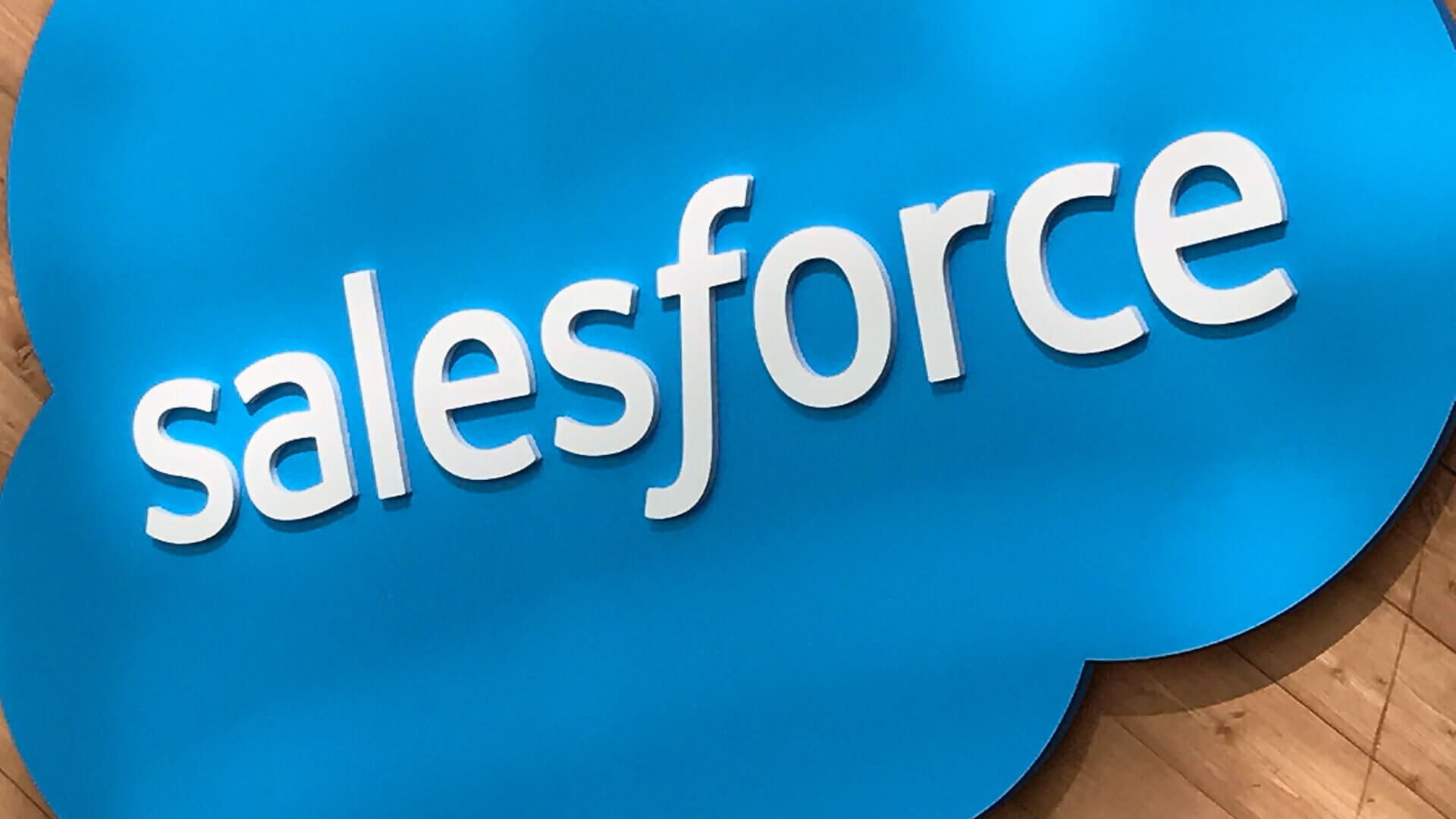Salesforce unveils ‘my’ versions of its AI-based platform tools
The new capabilities allow non-technical users to build their own predictions, customer service bots and gamified learning courses.

Salesforce is looking to make its platform more customizable with the announcements today of new tools — each with a “my” prefix — in the opening day of its Dreamforce conference in San Francisco.
A year ago, VP of Einstein Marketing Jim Sinai pointed out in a phone briefing, the company announced its Einstein layer of artificial intelligence across its marketing, sales, customer service and other clouds. During that year, he said, the emphasis has been on “delivering AI for applications.”
Now, Sinai said, Einstein is getting a new set of job descriptions — providing support for new tools that allow users to customize AI-based capabilities.
The new myEinstein AI Platform services let users point-and-click their way toward custom applications with two new tools: Prediction Builder and Einstein Bots.
Salesforce says its clouds generate almost half a billion predictions daily. Prediction Builder allows a non-technical user to tap into that forecasting avalanche, through an on-screen wizard that guides users to create models for structured or unstructured data.
The predictions can be employed, for instance, to envision business outcomes, such as the likelihood that a given business account will cancel, based on such data as the nature of that account’s customer service calls or its purchase history. Once a prediction is created, it can be embedded into an account page so that it can, for instance, alert representatives to high-risk customers.
The new Einstein Bots offer a similar do-it-yourself ability for users of Salesforce’s Service Cloud. Again through point-and-click, a user can create a bot for answering questions or retrieving information from customers.
Natural language processing interprets customers’ text communications, and the bot can be trained with data from previous customer service encounters or from customer relationship management (CRM) records to handle such routine matters as tracking order status, resetting a lost password or beginning the process of returning a purchase. The bot will automatically hand off to humans if the communication becomes too complex, and agents and customers can provide feedback to help improve the bot.
The bots can also be enhanced by developers with the existing Einstein Language and Einstein Vision capabilities, such as training the bot to recognize sentiment or to visually recognize products in images.
In 2014, Salesforce introduced a free online gamified learning platform, called TrailHead, which helped customers learn about the platform. Today, it’s introducing myTrailHead, so that Salesforce customers can create and brand their own learning content.
The new myTrailHead includes TrailMaker to create custom content for such purposes as training customer service agents in best practices or onboarding new hires. TrailMixer allows the sharing of learning paths, so that top managers could create one and then line managers could modify it for their purposes.
Trail Tracker offers gamified leaderboards, where badges can be awarded to everyone who completes a course. And Trail Checker lets companies build challenges and award badges to test specific skills.
Lightning is Salesforce’s component-based framework for building custom applications, and the new myLightning lets companies create customized, branded applications. A company can design the workflows, allow different components to appear for different scenarios, and design visual themes for the interface.
myIOT, Quip
myIOT is a new tool for enterprise users that Salesforce hopes will tackle a central problem for the Internet of Things: the abandonment of many projects because collecting data from so many data sources is too complex.
With myIOT, non-technical users can point-and-click their way to collecting and combining data from the growing supply of sources, via a rules-based automation. Salesforce gave the example of automated workflows from dealerships that schedule service calls when cars issue data showing that they’ve reached a certain mileage.
And the new mySalesforce lets users build an app with point-and-click tools, employing the Salesforce Lightning App Builder. The app can have a company’s branding, and a new Listing Wizard can automatically test, configure and publish the app to Apple’s App Store and Google Play.
Although it apparently doesn’t warrant a “my” label, there is also a significant new capability for customization in Quip.
The Quip collaboration platform was acquired by Salesforce about a year ago, and today the CRM giant is introducing Live Apps, which injects live data into the common workspace canvas.
This allows, for instance, an outside calendar tool or task management tools to be embedded and show real-time data that matches the data in their standalone versions.
Essentially, it’s similar to team members sitting around a table, each showing the whole team various data in different applications on their laptops. JIRA and Docusign are among those that are creating Live Apps, which are one of the ways that Salesforce hopes to distinguish its collaborative environment from others’ orientation around tasks and conversations.
Opinions expressed in this article are those of the guest author and not necessarily MarTech. Staff authors are listed here.
Related stories
